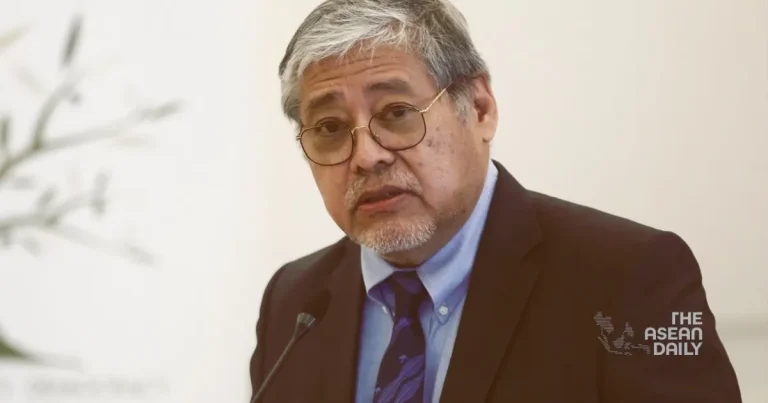19-1-2025 (MANILA) The Philippines’ Foreign Minister has urged ASEAN and China to address crucial “milestone issues” in their long-delayed South China Sea code of conduct, highlighting the need to resolve fundamental questions about its legal status and scope.
Speaking ahead of Sunday’s ASEAN foreign ministers’ gathering in Langkawi, Enrique Manalo emphasised the importance of confronting these challenging aspects after years of slow progress. “We must now delve into the essential matters that have yet to receive thorough discussion or negotiation,” Manalo said in an exclusive interview.
The diplomatic push comes amid escalating tensions in the disputed waters, particularly between Manila and Beijing, with recurring maritime confrontations raising fears of potential conflict. The situation has strained Philippines-China relations to their lowest point in recent years.
The proposed code of conduct, first agreed upon in principle by ASEAN and China in 2002, has faced significant delays, with actual discussions only beginning 15 years later. Manalo stressed that addressing key issues, including the code’s enforceability and its implications for non-signatory nations, is crucial for meaningful progress.
The minister’s comments reflect growing regional impatience with the slow pace of negotiations, particularly as Beijing continues to assert its sovereignty over most of the South China Sea. China maintains its position through deployment of coast guard vessels and fishing fleets, actions that neighbouring countries often view as aggressive.
Regarding Myanmar’s ongoing crisis, Manalo expressed concern about the military junta’s planned elections, emphasising that any vote must be inclusive and transparent to gain legitimacy. The minister noted that ASEAN continues to grapple with Myanmar’s civil conflict, having excluded the military leadership from key meetings due to their failure to implement agreed peace measures.

On US-Southeast Asian relations, Manalo indicated that American engagement in the region appears stable, despite the upcoming political transition. “Current indicators suggest continued US commitment to their regional interests,” he noted.
The 2016 international arbitration ruling, which rejected China’s extensive maritime claims, remains a point of contention, with Beijing continuing to dismiss its validity whilst asserting its territorial rights in what it considers its sovereign waters.




